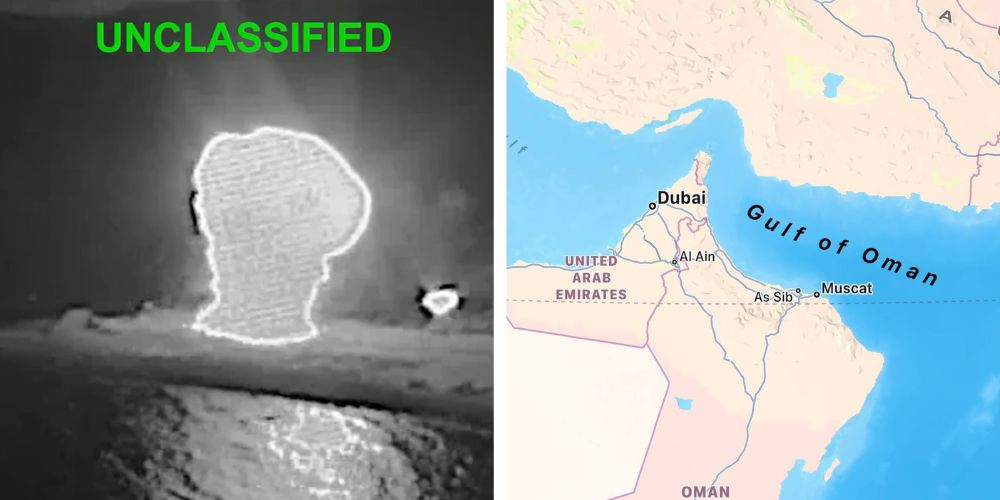The “theory” of global warming posits that human activities such as deforestation-but primarily the burning of fossil fuels-are causing an increase in the amount of heat-trapping greenhouse gases in the atmosphere, enhancing the natural greenhouse effect. This warming, the theory continues, if unchecked will lead to all manner of apocalyptic events.
I placed the word “theory” in quotes because I am reluctantly coming to the conclusion that the idea that humans are causing global warming is really more akin to a religious belief-a revealed truth about human sins (fossil fuel use) and their consequences (all manner of calamities)-rather than a testable scientific explanation.
A couple of points lead me to this conclusion: the way climate scientists skeptical of the claims that humans are causing climate change are treated, and the fact that the theory seems to violate the scientific method by being unfalsifiable.
Concerning the first point, proponents of the theory of human-caused global warming have declared that the debate is over-humans are causing catastrophic warming. This oft-repeated declaration has taken on the characteristic of a mystic chant or mantra to ward off further debate. It has caught on in the popular press and on Capitol Hill, but it could not be less true.
Much solid climate change research at best calls into question, and at worst largely undermines, fundamental claims of the “theory”-that human activities are the primary cause of the current warming trend, that global warming will cause unmitigated environmental disasters and that sharply curbing human energy use is the best response to climate change. Yet, when they don’t ignore the research entirely, all too often proponents of the theory label it as “junk science.” Indeed, the typical approach taken by environmentalists is to revert to ad hominem attacks-criticizing the researchers’ motives or their funding sources rather than addressing the substance of their arguments.
The term “skeptic” has historically been a badge of honor proudly worn by scientists as indicating their commitment to the idea that, in the pursuit of truth, nothing is beyond question, every bit of knowledge is open to improvement and/or refutation as new evidence or better theories emerge.
However, in the topsy-turvy field of climate science, “skeptic” is a term of opprobrium and to be labeled a skeptic is to be dismissed as a hack. Being a skeptic concerning global warming today is akin to being a heretic in the Middle Ages-you may not be literally burned at the stake, but your reputation will be put to flames.
In response, many scientists whose research calls into question one or more of the fundamental tenets of global warming orthodoxy have learned to couch their conclusions carefully. They argue, for instance, that while their research does not match up with this or that point in global warming theory, or would seem to undermine this or that conclusion, they are not denying that humans are causing global warming and they cannot account for the discrepancy between their work and the theory’s predictions.
These scientists have learned the hard lesson that when reality and the theory conflict, for professional reasons, they’d better cling to the theory: shades of Galileo recanting his theory that the Earth revolves around the sun under pressure from the Inquisition.
Concerning the scientific method, progress is made in science by proposing a hypothesis, and developing a theory, to explain or understand certain phenomena and then testing the hypothesis against reality. A particular hypothesis is considered superior to others when, through testing, it is shown to have more explanatory power than competing theories or hypotheses and when other scientists running the same testing regime can reproduce the results of the original test. Every theory or hypothesis must be disconfirmable in principle, such that, if the theory predicts that "A" will occur under certain conditions, but instead, "B" and sometimes "C" result, then the theory has problems. The more a hypothesis's predictions prove inconsistent with or diametericaly opposed to the results that occur during testing, the less likely the hypothesis is to be correct.
The theory that humans are causing global warming does not work this way. No matter what the climate phenomenon, if it can in someway be presented as being unusual by global warming alarmists, it is argued to be "further evidence of global warming," even if it contradicts earlier phenomena that were pointed to by the same people as evidence of global warming.
What the effects will be seem to depend on which scientist one consults and which model they use. In realm of climate change research, different models looking at the same phenomenon applying the same laws of physics with the same inputs produce dramatically varied results. Thus, one model says we can expect the polar ice sheets to melt, while another predicts the coming of the next ice age, or one model will forecast long-term drought in the Southwest, whereas another model predicts increased precipitation.
Don’t get me wrong, global warming may cause an ice age or planetary desertification, it may cause increased flash floods or more droughts and it may cause increased or decreased agricultural productivity-but it for each paired diametrically opposed prediction, it can’t cause both to occur at the same time, in the same place. How does one test or disprove a theory that is predicted to cause both an increase and a decrease in the water levels of the great lakes, or whose proponents warn that it will cause the polar ice sheets to melt raising sea levels, and bring about the next ice age?
This is not the realm of healthy scientific discovery where testability, evidence and proof are king, but rather the unhealthy province of a doctrinaire religious belief, where unquestioning, unwavering, faith and blind proselytizing rules the day.





